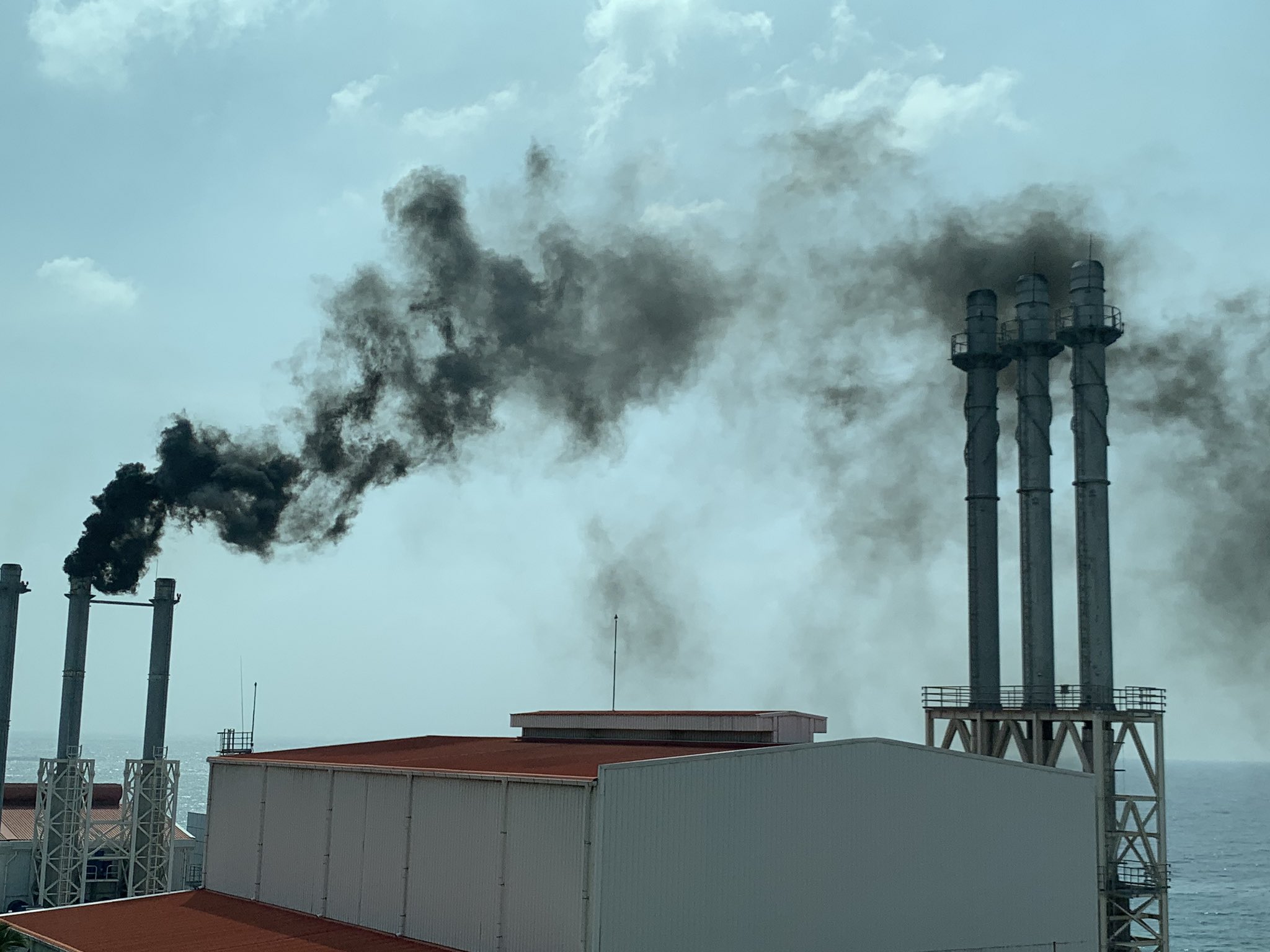Malé, Maldives – The subcommittee formed to address the STELCO Generators located in the capital city Malé, on Tuesday, released a report to rectify the issue.
The report, produced by a joint subcommittee formed by the Parliament Environment and Climate change Committee and Parliament Committee on State Owned Enterprises recommends policy level solutions to address such issues. The joint subcommittee also urged STELCO to soundproof the powerhouses and increasing the height of the exhausts.
The STELCO generator issue was brought to the attention of the Maldives Parliament by MP for Galolhu dhekunu constituency Meekail Naseem after several complaints were made by residents of Malé who face difficulties due to the sounds, vibrations and smoke pollution generated by the temporary generators placed in residential areas of the capital city. The temporary generators are placed due to the increasing population and demand for electricity.
The recommendations by the investigating subcommittee include soundproofing the powerhouses, increasing the height of the exhausts, upgrading the backup generators and finding a solution for residents in the affected areas on a policy level. In addition, the report urges the government to train personnel to monitor the air quality and effects of vibrations in the residential areas. The parliament subcommittee also ordered for the Utility Regulatory Authority to investigate the legitimacy of STELCOs actions.
The report also emphasized the need to explore and increase energy generation using renewable sources.
The Maldives Utility Regulatory Authority previously informed STELCO to complete the Malé-Hulhumalé interconnection and entirely stop the usage of temporary generators in Malé by 15 August 2021.
While there is no solution found for the pollution issues, the residents of the affected areas now demand the government to turn the locations into an industrial zone and relocate them to an environmentally healthier location.





